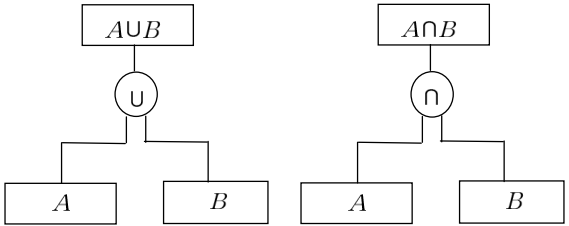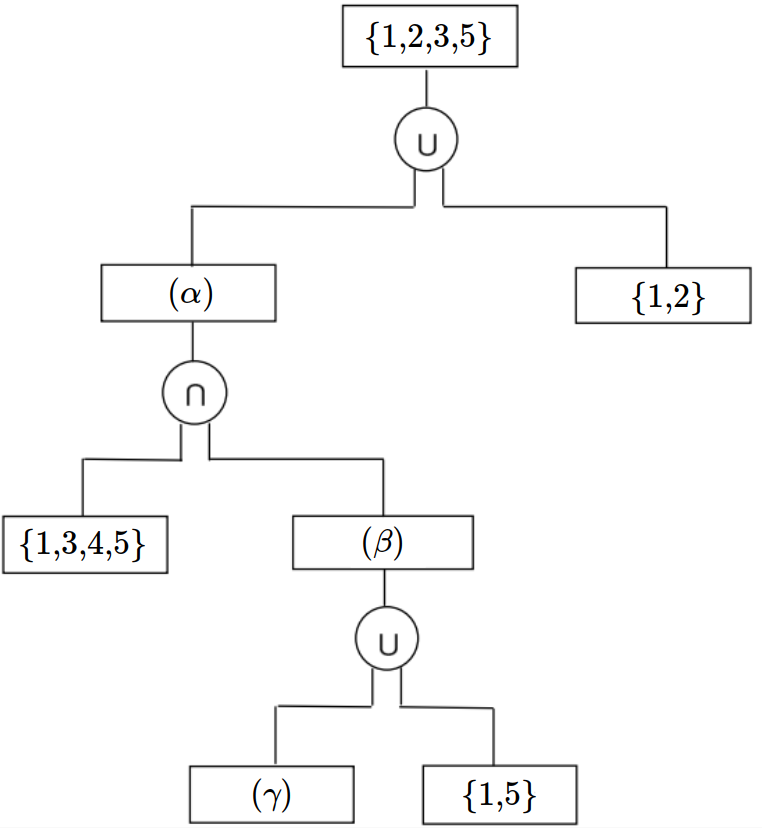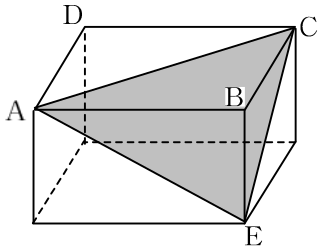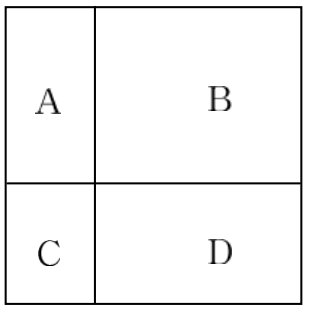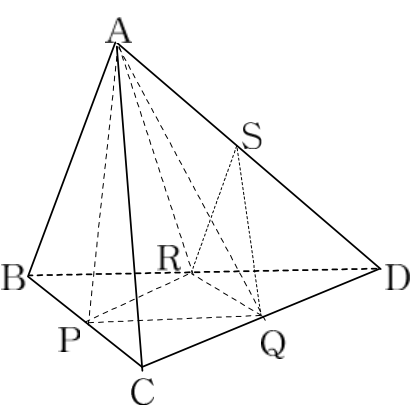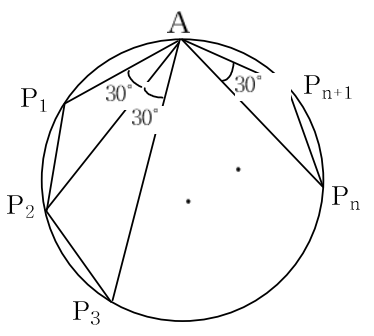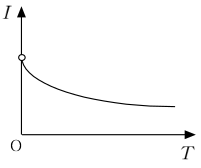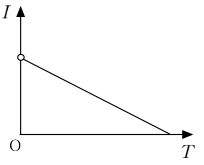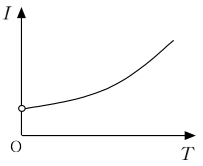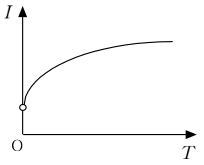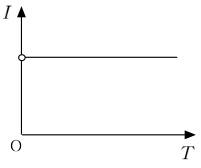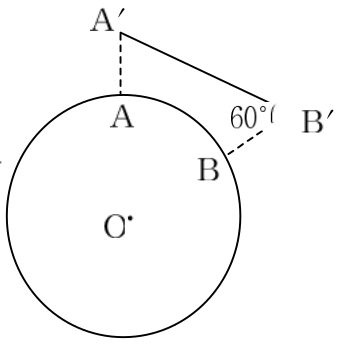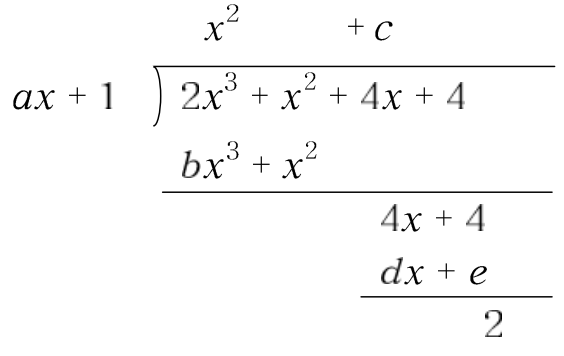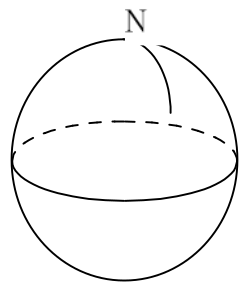The following is a proof of the statement
‘If \(n\) is not divisible by any primes that are \(\sqrt{n}\) or less,
then \(n\) is prime.’
where \(n\) is an integer greater than \(1\).
<Proof>
Let us assume the conclusion is false and \(n\) is not prime.
Then there are integers \(l\) and \(m\) greater than \(1\) such that \(n=lm\).
Let \(p\) be a prime factor of \(l\),
and \(q\) be a prime factor of \(m\).
Then \(pq\) is a divisor of \(lm\), so \(pq\leq n\).
If \(p>\sqrt{n}\) and \(q>\sqrt{n}\),
then \(pq>\sqrt{n}\sqrt{n}=n\) which is a contradiction.
Therefore it should be that \(\fbox{\(\qquad\quad(\alpha)\quad\qquad\)}\).
This means there is a prime factor of \(n\)
that is \(\sqrt{n}\) or less.
However, this contradicts the premise. Therefore \(n\) is prime.
In the proof above, what is appropriate for \((\alpha)\)?
[2 points]
- \(p\leq\sqrt{n}\) or \(q\leq\sqrt{n}\)
- \(p\leq\sqrt{n}\) and \(q\leq\sqrt{n}\)
- \(p\leq\sqrt{n}\) or \(q\geq\sqrt{n}\)
- \(p\leq\sqrt{n}\) and \(q\geq\sqrt{n}\)
- \(p\geq\sqrt{n}\) or \(q\geq\sqrt{n}\)
